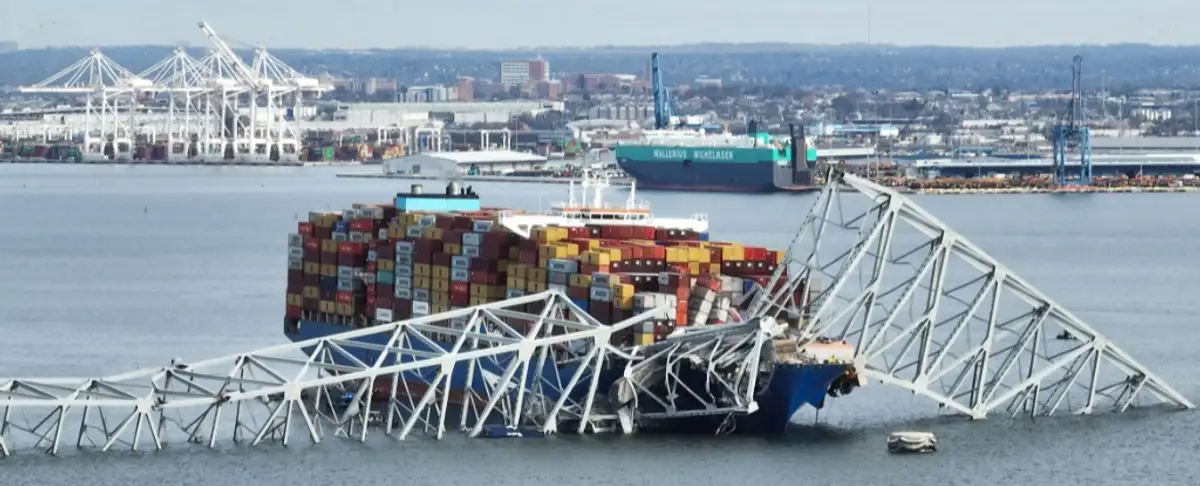The cargo ship Dali, measuring almost a 1,000 feet, crashed into a significant bridge in Baltimore on March 26, 2024, resulting in its collapse.
Ship piloting, a profession as ancient as sea commerce, witnessed one of its worst-case scenarios during this incident.
Account of the Incident
At the time of the accident, two ship pilots were on the Dali. These seasoned professionals act as advisers to the ship's master or captain, instructing them on safe navigation through waters. They, however, do not take the helm or full control of the vessel.
Notably, a ship pilot's advice encompasses a variety of aspects. One of which is close-quarters maneuvering. They also help with interactions with the Coast Guard Vessel Traffic Service and coordinates with tugboats and line handlers.
Ship Pilots’ Authority
Ship pilots have the authority to stop any operations if they perceive the conditions are risky or if the vessel is unfit to transit. This reiterates the significant role they play on a ship and the immense responsibility they shoulder.
Training of a Ship Pilot
The path to becoming a ship pilot begins at a maritime academy. It is a long journey that involves years of both real and simulated hands-on training. In fact, it is common for most pilots to have over a decade of experience under their belt before they are allowed to operate independently.
After being licensed by the U.S. Coast Guard, a pilot apprentice program is next. This programme is where they learn the ins and outs of local waterways, navigation techniques, current tides, and berths.
Legal Requirements
Mandatorily, ship pilots must be on board while navigating into or out of restricted areas. The law stipulates this requirement for the safety and smooth functioning of the ship.
About the Accident
The accident in Baltimore is viewed as a nightmare scenario for captains, pilots, and crew. Investigations into the accident are ongoing, with the suspicion that an electrical fault on the ship could have played a role in this unfortunate event.
